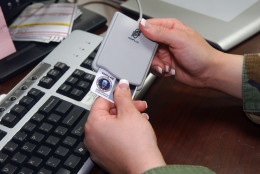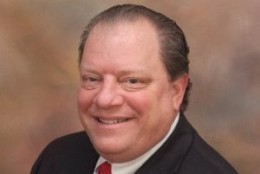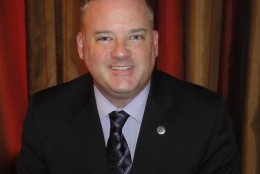Technology
-
DoD CIO Terry Halvorsen is trying to create a dialogue around how to move off the Common Access Card. But experts say without money or an official program, not much can happen beyond plans and concepts in the short term.
June 20, 2016 -
In the first “Hack the Pentagon” challenge, the department asked anyone with expertise in IT security to find security flaws on five of its largest public-facing websites, including the Defense.gov homepage.
June 20, 2016 -
The General Services Administration issued its second RFI in a year seeking feedback on how to make it easier to buy certain types of cybersecurity services.
June 20, 2016 -
Four years after launching the General Fund Enterprise Business System, Project Manager Col. Matt Russell said that most users in the organization have fully adopted it, and it’s time to focus on upgrades.
June 17, 2016 -
The Cybersecurity Act of 2015 has been in effect for six months, but Congress and the Homeland Security Department say tweaks are needed to encourage more information sharing from industry.
June 17, 2016 -
Keith Bluestein, the acting chief information officer of the SBA, said the agency has been upgrading its network backbone as a precursor to being able to take advantage of new technologies such as the cloud.
June 16, 2016 -
Cybersecurity experts are like diamonds. Everyone is panning for them. Meanwhile, the cyber threat federal agencies face are growing more frequent and lurid. (ISC)² has helped thousands of people obtain cybersecurity credentials. Dan Waddell, managing director for (ISC)² North America, joins Federal Drive with Tom Temin with a review of progress in federal cybersecurity education.
June 16, 2016 -
Federal agencies have a seemingly insatiable need for cybersecurity experts. But wanting them and having job openings for them doesn't mean they come streaming in. Mallory Barg Bulman, research director at the Partnership for Public Service, tells Federal Drive with Tom Temin what the elements of a cybersecurity hiring strategy might be.
June 15, 2016









